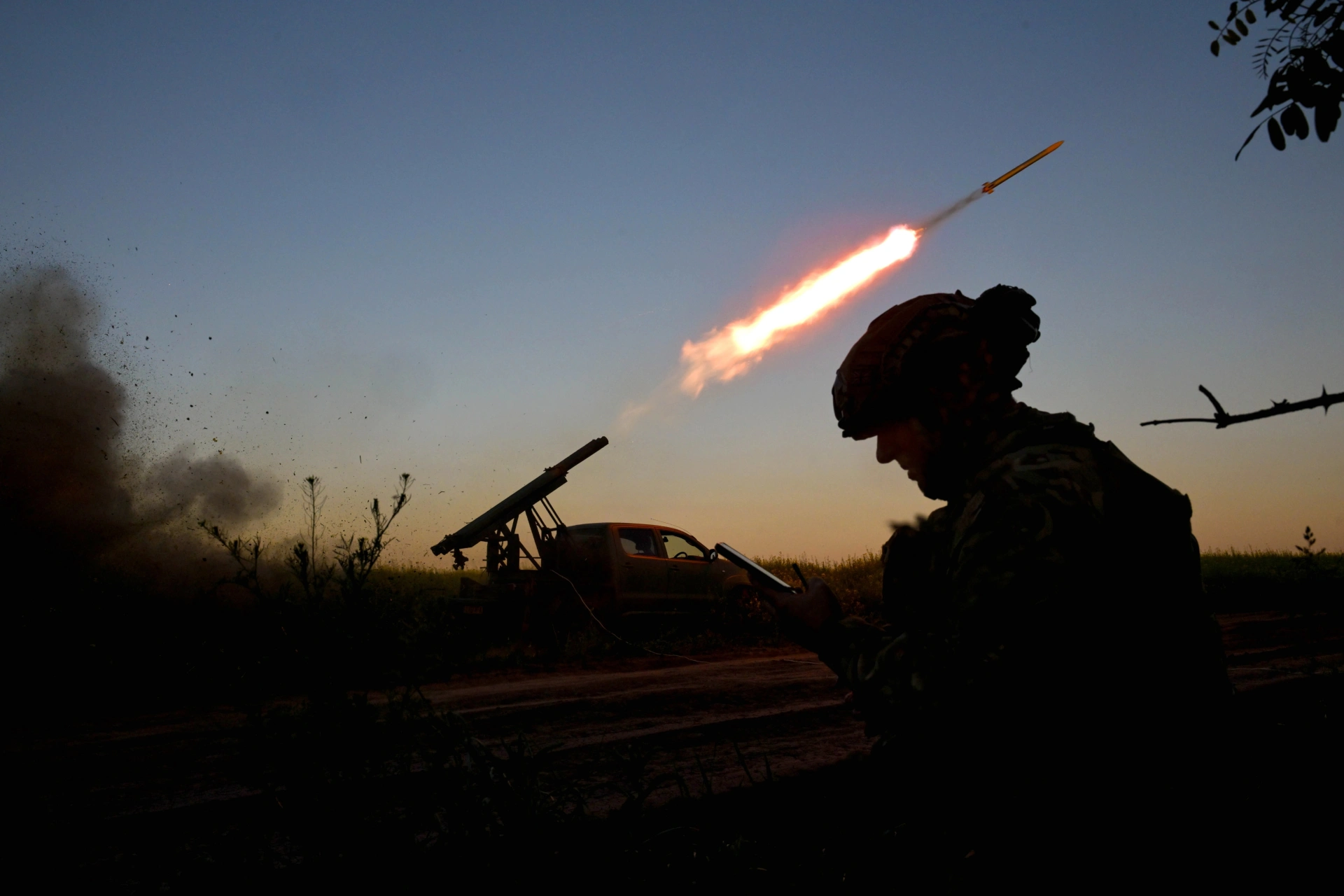Major Power Rivalry in the Middle East
Overview
Great power competition is altering the prospects for managing conflicts in the Middle East. As policymakers rethink the United States’ role in the region, they should avoid the kind of strategic errors that have provided opportunities for other major powers, notably China and Russia, to undermine U.S. policy.
BY
- Steven A. CookEni Enrico Mattei Senior Fellow for Middle East and Africa Studies
Overview
Over the past decade, Middle East experts have devoted significant attention to the Arab uprisings and their aftermath. As the United States has debated its role in the Middle East, Russia and China—and to a lesser extent India and the European Union—have sought greater influence in the region. Commentary on great power competition in the Middle East rarely sheds light on what major powers want and how they seek to achieve their goals. Competition among major powers has not led to direct confrontation yet, but powerful actors have still sought to establish, extend, and reinforce influence and prestige at each other’s expense, and cooperation remains episodic and circumstantial.
Although the United States remains an important—even the most important—external actor in the region, U.S. leaders and the foreign policy community are debating whether Washington should be the primary provider of security in the region. This debate, coupled with actual U.S. disengagement in certain places, has had three significant effects: regional powers have taken matters into their own hands, external actors have seized opportunities to exercise power, and major powers and their allies have either refused or failed to compel regional powers to resolve existing conflicts.
The geopolitics of the Middle East continue to evolve, and developments in places as far away as Europe or the South China Sea could sharpen competition or pave the way for greater cooperation. Given the unpredictability and uncertainty of events, however, one development is clear: the moment of U.S. regional supremacy—when no state or combination of states could hope to challenge U.S. power and influence—is over. The Middle East is now up for grabs among a variety of regional powers and external actors, including the United States. This power vacuum has made the region less secure, and competition has affected the trajectory of conflicts in the region.
This paper dives deeply into how great power competition is affecting the prospects for regional peace and argues that the prospects for cooperation among regional or great powers to contain or mitigate conflicts in the Middle East are unfavorable. However, for all the challenges the United States faces in the Middle East, it remains the region’s most important, powerful, and influential actor. To this end, this paper explores the trajectory of great power competition as it alters regional dynamics and shapes the potential of the United States to cooperate with major powers to mitigate conflict.
This is the second Discussion Paper in the Managing Global Disorder series, which explores how to promote a stable and mutually beneficial relationship among the major powers that can in turn provide the essential foundation for greater cooperation on pressing global and regional challenges.
This Discussion Paper was made possible by a grant from Carnegie Corporation of New York. The statements made and views expressed are solely the responsibility of the author.
Professors: To request an exam copy, contact [email protected]. Please include your university and course name.
Bookstores: To order bulk copies, please contact Ingram. Visit https://ipage.ingramcontent.com, call 800.937.8200, or email [email protected]. Include ISBN 978-0-87609-362-7.t





